The 4 groups of writers shaping the Catholic Church of tomorrow

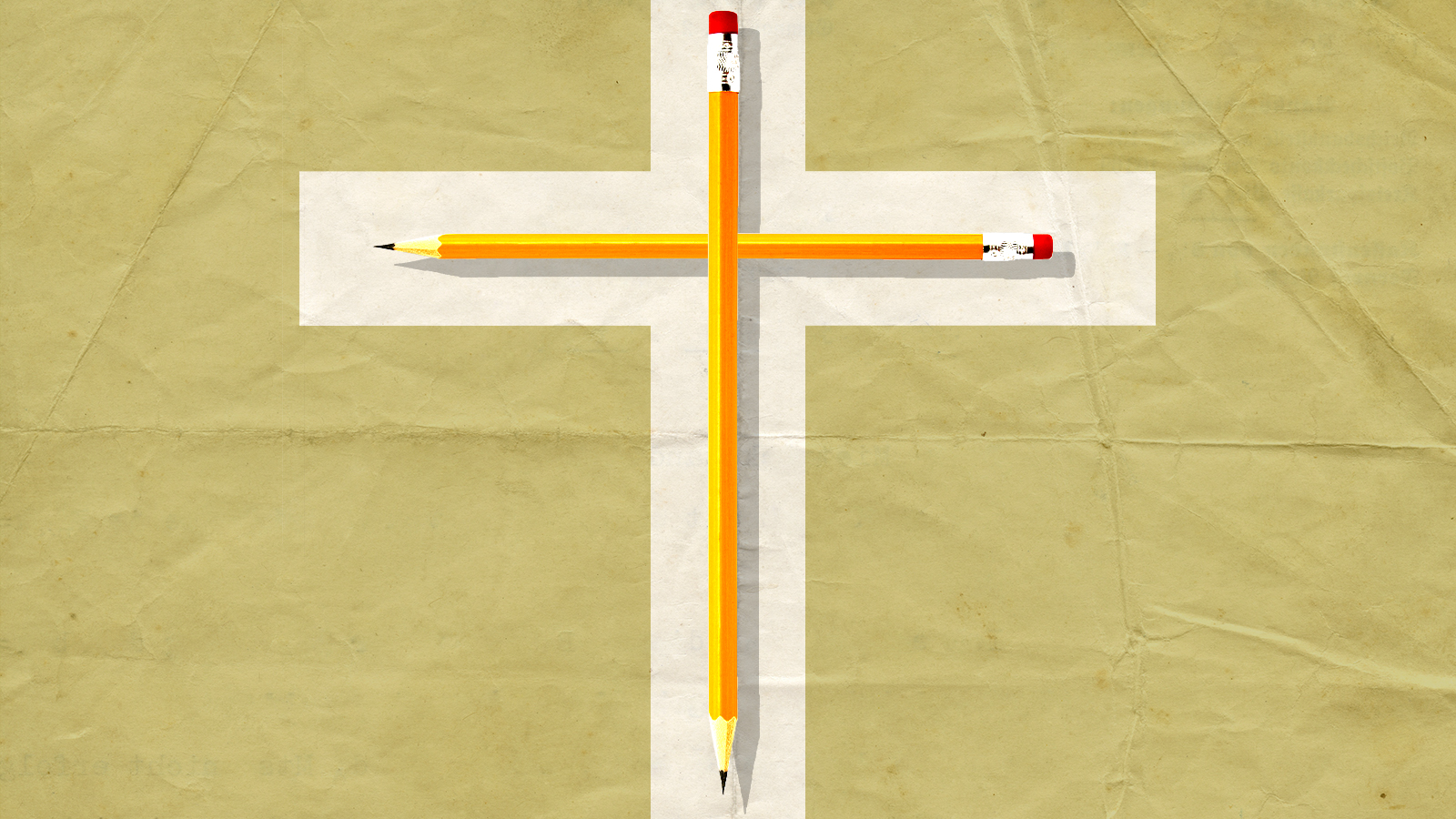
A free daily email with the biggest news stories of the day – and the best features from TheWeek.com
You are now subscribed
Your newsletter sign-up was successful
Everyone loves a good taxonomy.
A new essay by New York Times columnist Ross Douthat in First Things on the intellectual battles roiling the Roman Catholic Church in the United States identifies four groups of writers and thinkers trying to push beyond the center-left "Commonweal Catholicism" and center-right "First Things Catholicism" that prevailed through the decades following the close of the Second Vatican Council. Both of those factions were, according to Douthat, "fully reconciled to liberal democracy." The same can't be said of those now fighting for influence within the church.
Populists mostly support the policy changes that Donald Trump brought about in the Republican Party — in favor of a more aggressive stance in the culture war, immigration restrictionism, a corporatist turn in economics, and antitrust actions against tech companies.
The Week
Escape your echo chamber. Get the facts behind the news, plus analysis from multiple perspectives.

Sign up for The Week's Free Newsletters
From our morning news briefing to a weekly Good News Newsletter, get the best of The Week delivered directly to your inbox.
From our morning news briefing to a weekly Good News Newsletter, get the best of The Week delivered directly to your inbox.
Integralists agree with the populists about some of these policy priorities, but they also incorporate Pope Francis' ecological criticisms of capitalism and ultimately favor a much more direct and aggressive role for the Catholic Church in wielding political power. (The name "integralism" refers to a political order in which church and state are thoroughly integrated.)
Benedictines sympathize with the first two groups but tend to be more pessimistic about the prospects for national political or top-down solutions while the culture continues to secularize. Hence their somewhat monastic sensibility.
Tradinistas are the only group that firmly leans to the left, though only on economics, where they advocate a more sweeping critique of capitalism than is typically found among those within the other three groups.
The taxonomy is fun. But the real intellectual work takes place in the remainder of Douthat's essay, which thinks through how the small number of writers who make up these groups might respond to what is likely to be the continued decline over the coming decades of the broader church in the United States. It's a fruitful discussion and well worth pondering for Catholics and non-Catholics alike.
A free daily email with the biggest news stories of the day – and the best features from TheWeek.com
Damon Linker is a senior correspondent at TheWeek.com. He is also a former contributing editor at The New Republic and the author of The Theocons and The Religious Test.
-
 How the FCC’s ‘equal time’ rule works
How the FCC’s ‘equal time’ rule worksIn the Spotlight The law is at the heart of the Colbert-CBS conflict
-
 What is the endgame in the DHS shutdown?
What is the endgame in the DHS shutdown?Today’s Big Question Democrats want to rein in ICE’s immigration crackdown
-
 ‘Poor time management isn’t just an inconvenience’
‘Poor time management isn’t just an inconvenience’Instant Opinion Opinion, comment and editorials of the day
-
 How will the next pope change the Catholic Church?
How will the next pope change the Catholic Church?Talking Points Conclaves can be unpredictable
-
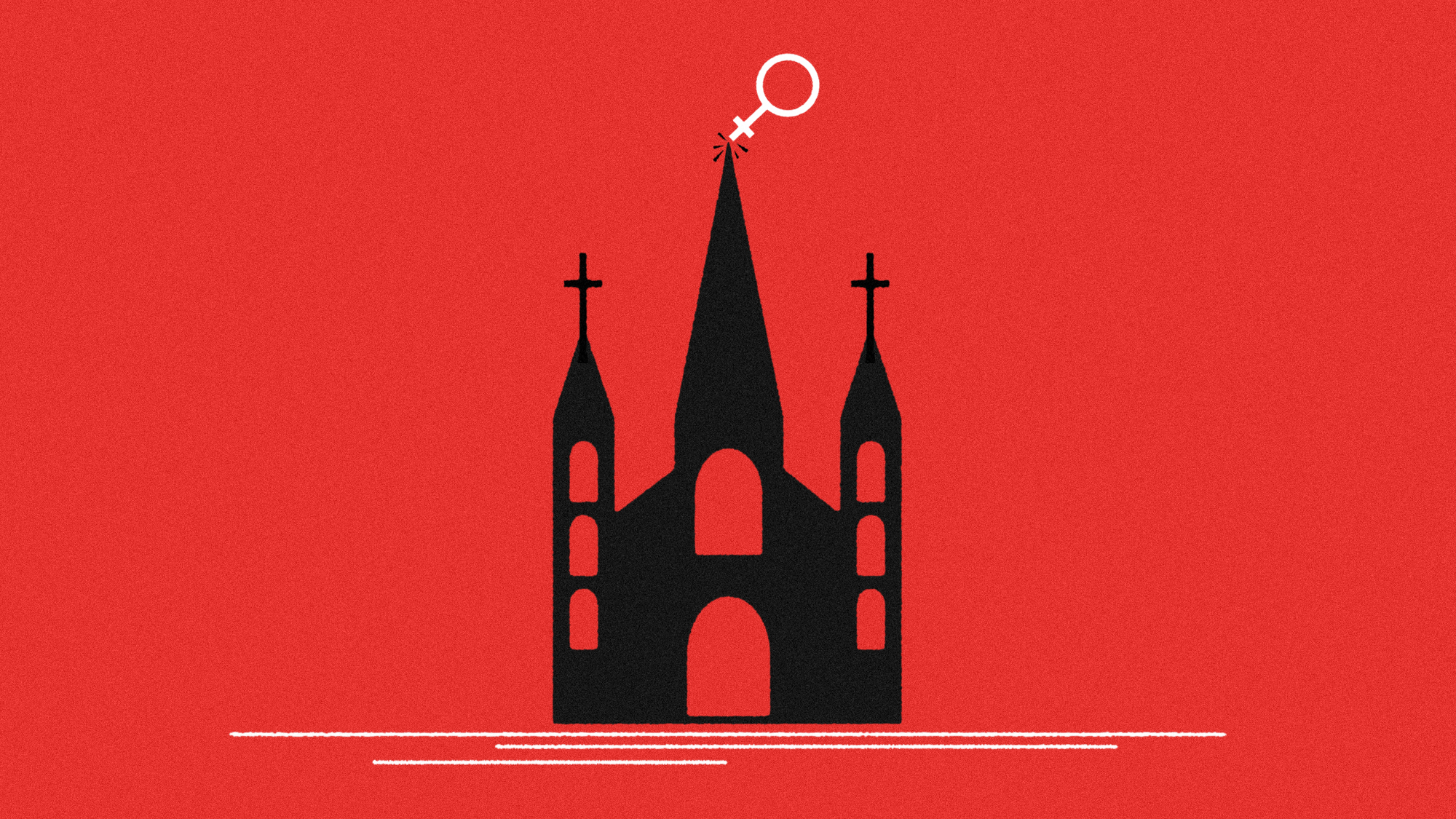 Young women are leaving the church
Young women are leaving the churchTalking Points They've been the 'backbone' of their congregations. What changed?
-
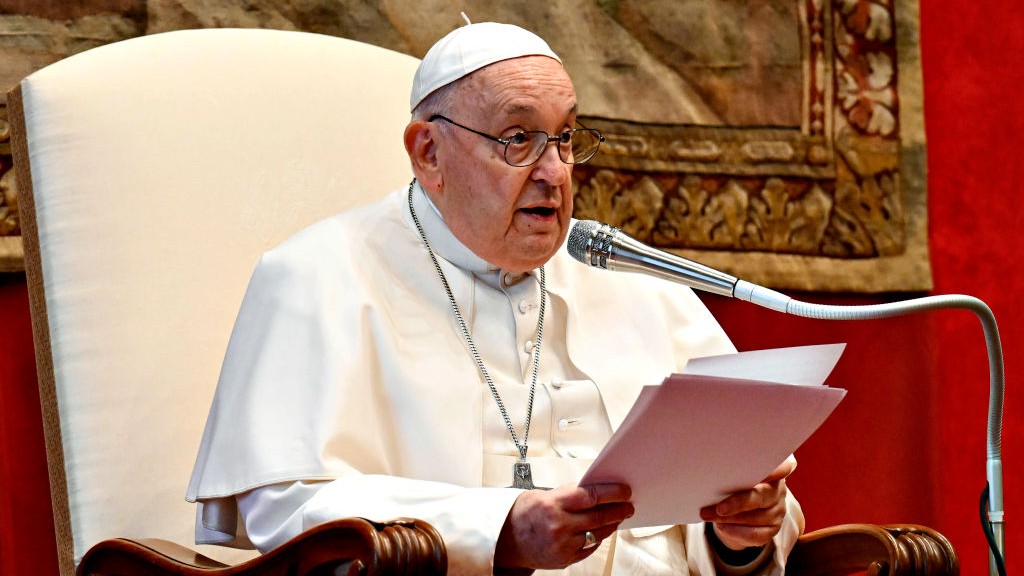 The potential consequences of Pope Francis' call for a ban on surrogacy
The potential consequences of Pope Francis' call for a ban on surrogacyTalking Points Francis called the practice 'despicable' and a 'commercialization' of pregnancy
-
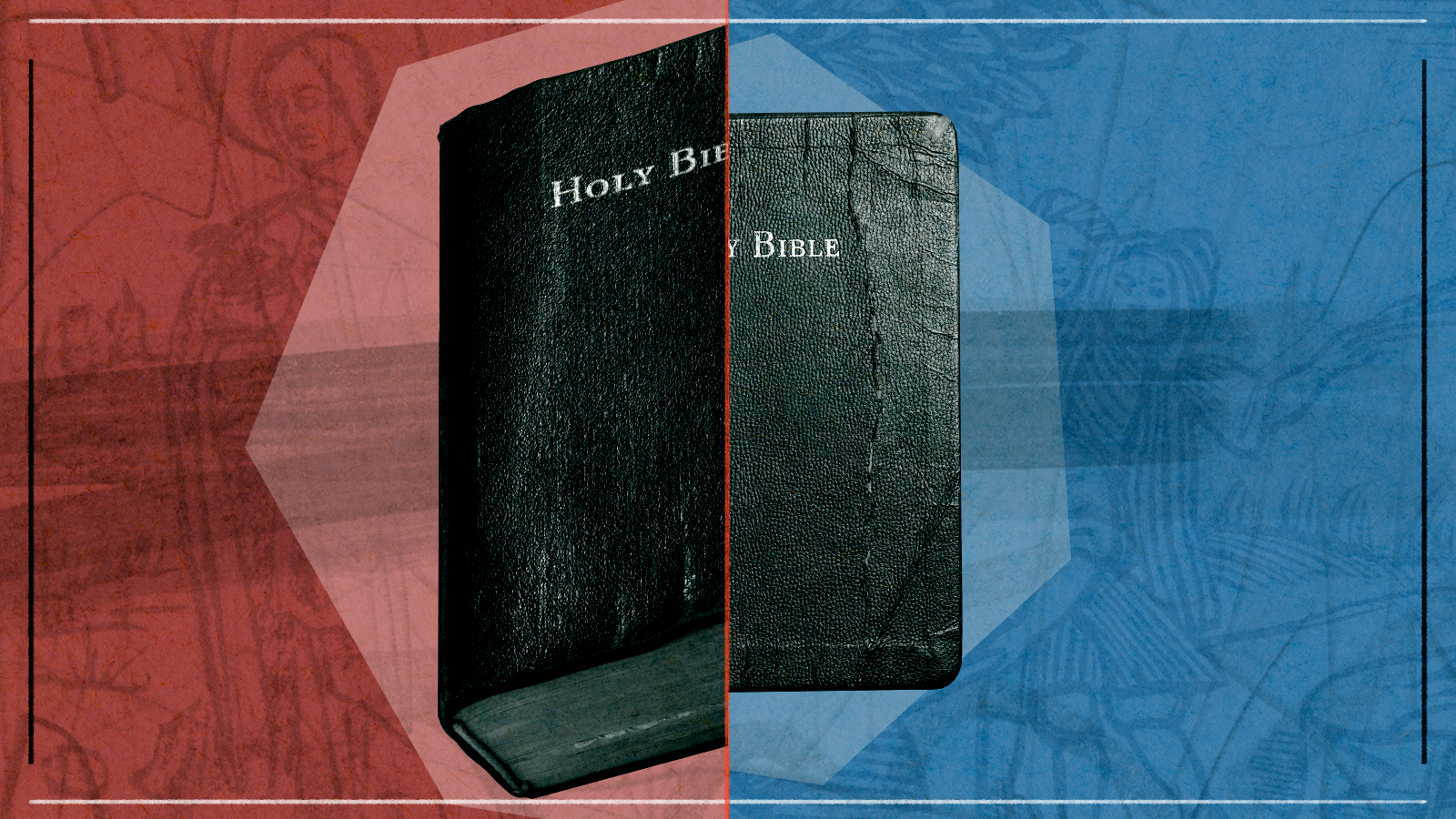 The divided Methodist church?
The divided Methodist church?Talking Point
-
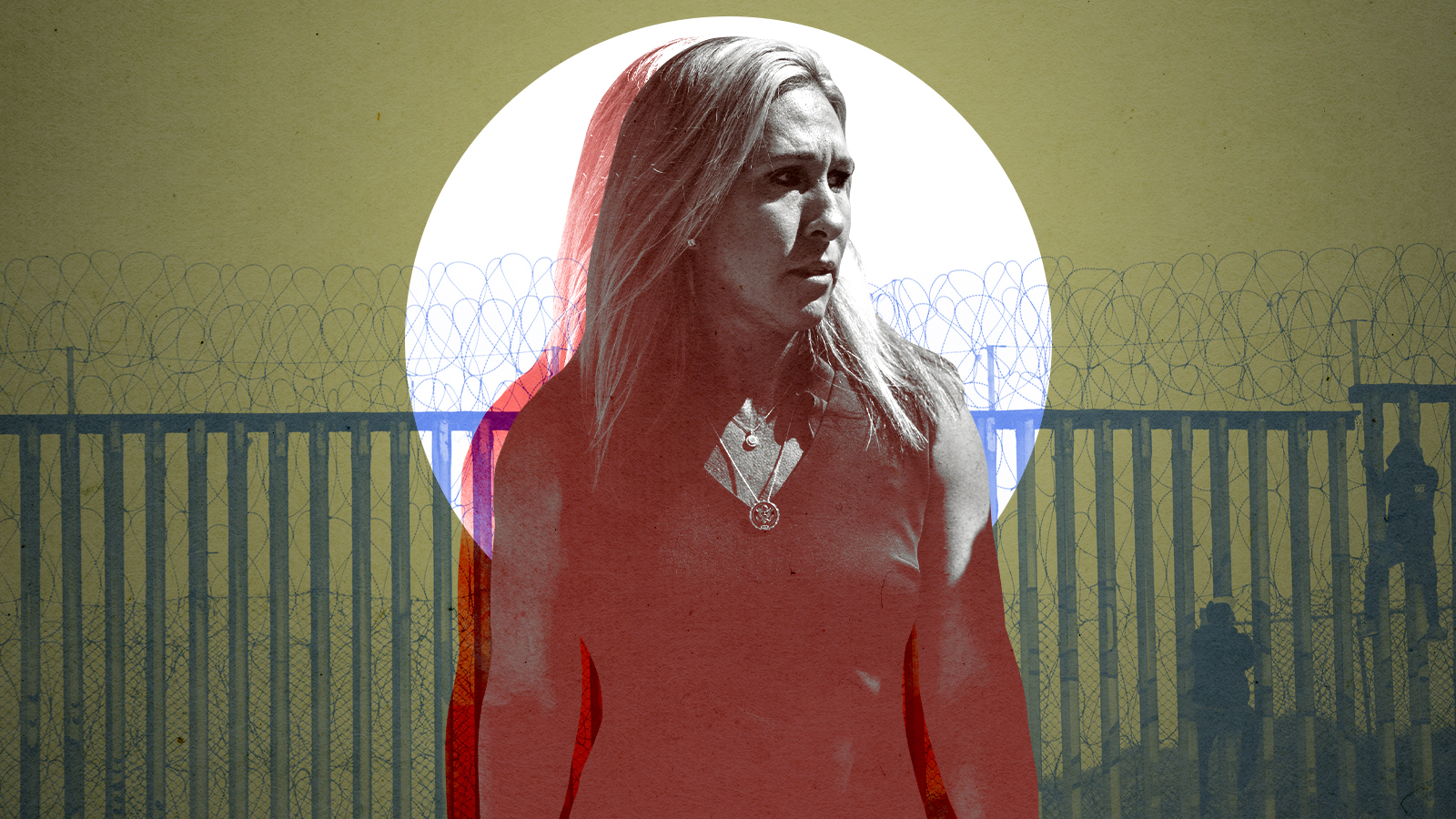 Marjorie Taylor Greene's glib anti-immigrant theology
Marjorie Taylor Greene's glib anti-immigrant theologyTalking Point
-
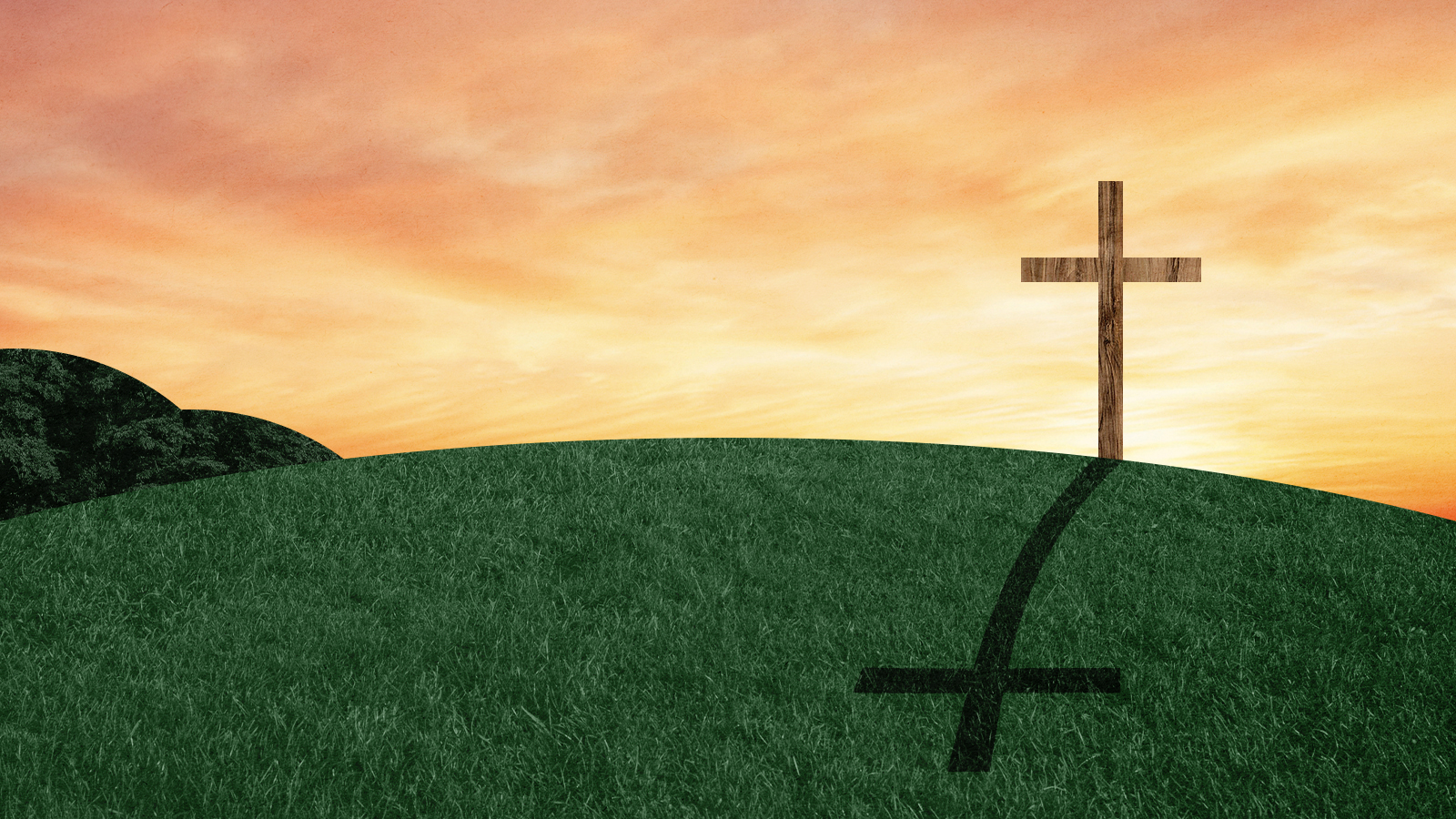 Will anyone be happy with a post-religious America?
Will anyone be happy with a post-religious America?Talking Point
-
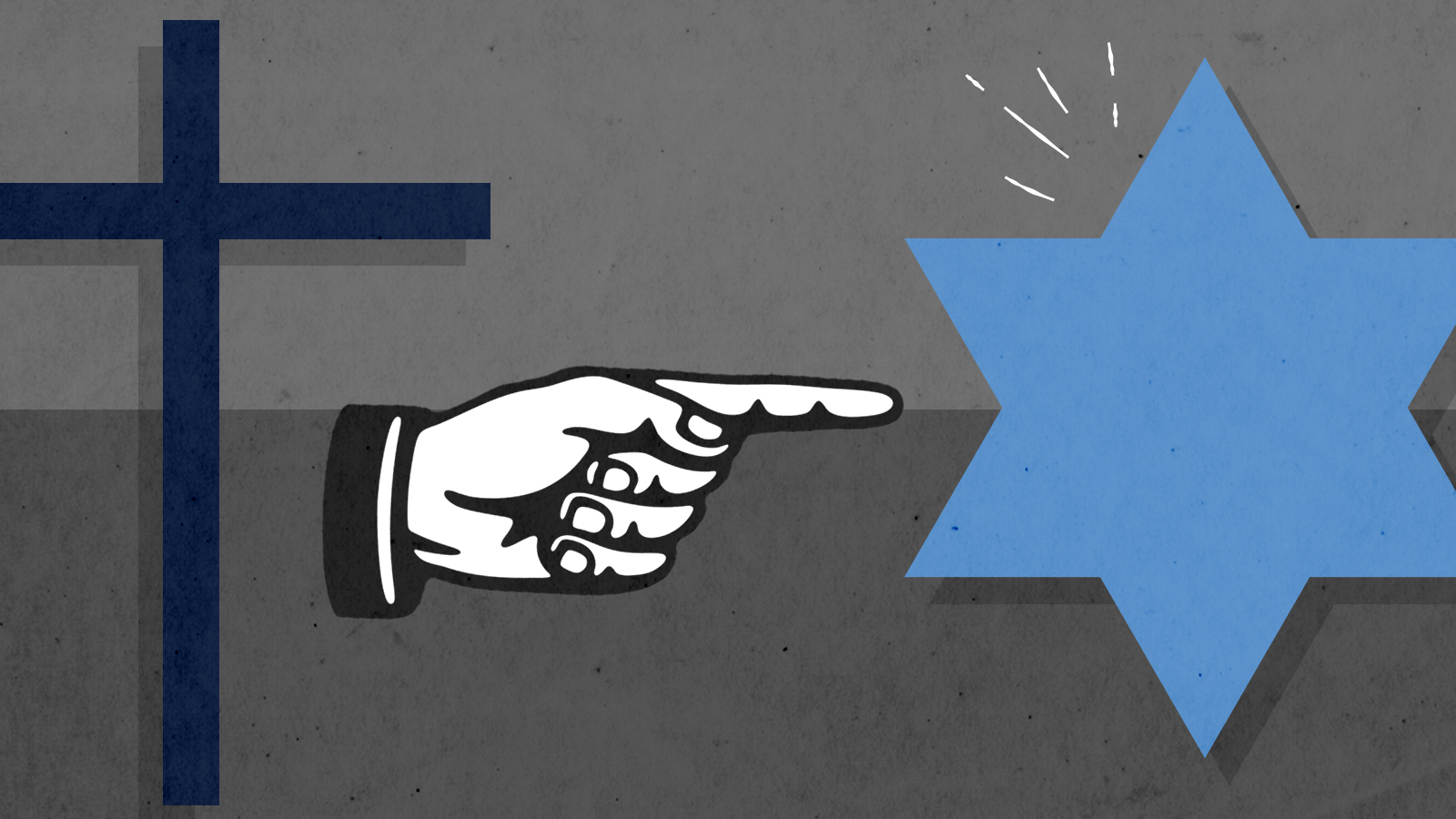 A viral conversion story and the paradox of choosing to leave modernity
A viral conversion story and the paradox of choosing to leave modernityTalking Point
-
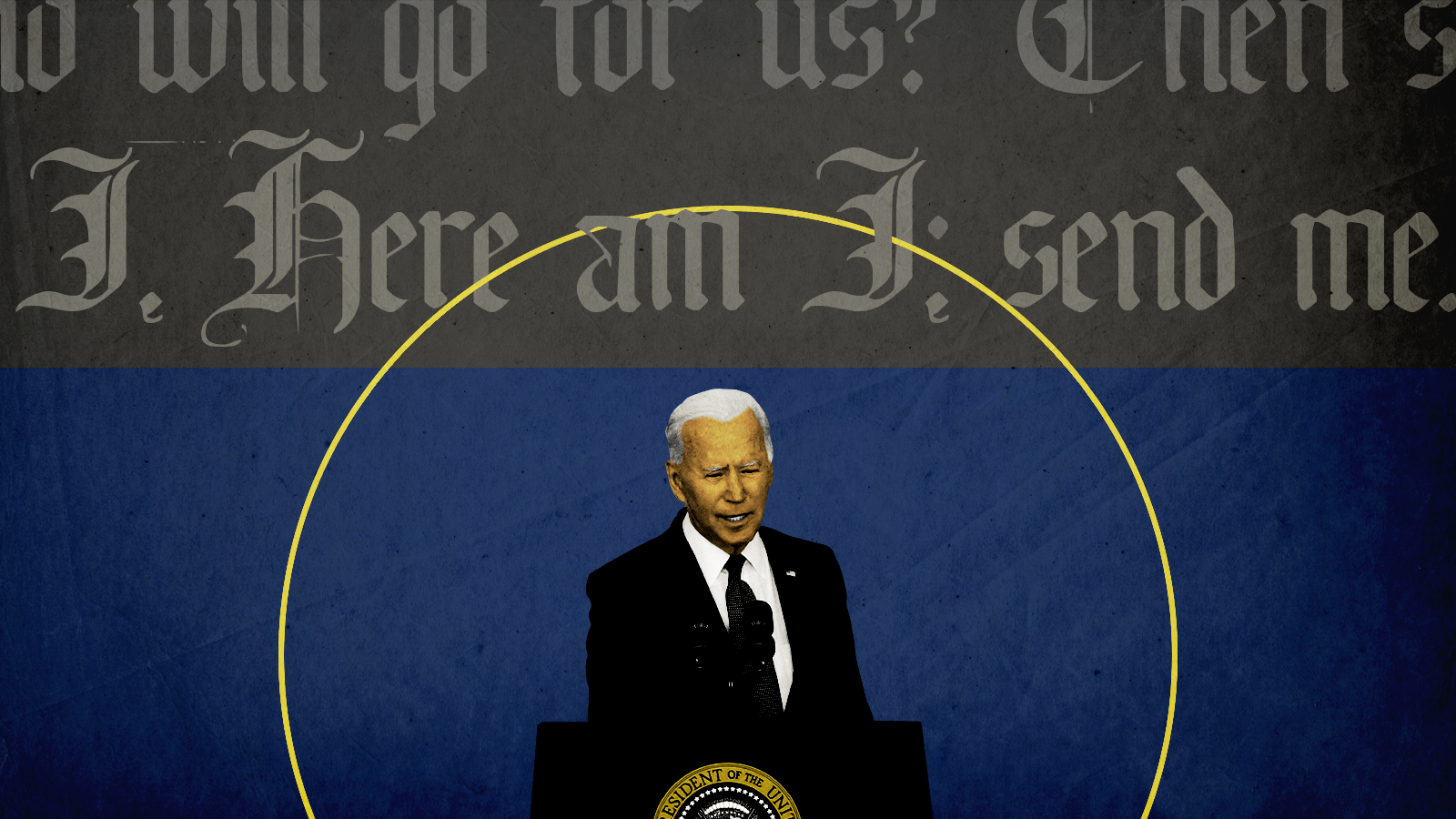 Biden chooses the wrong Bible verse
Biden chooses the wrong Bible verseTalking Point
